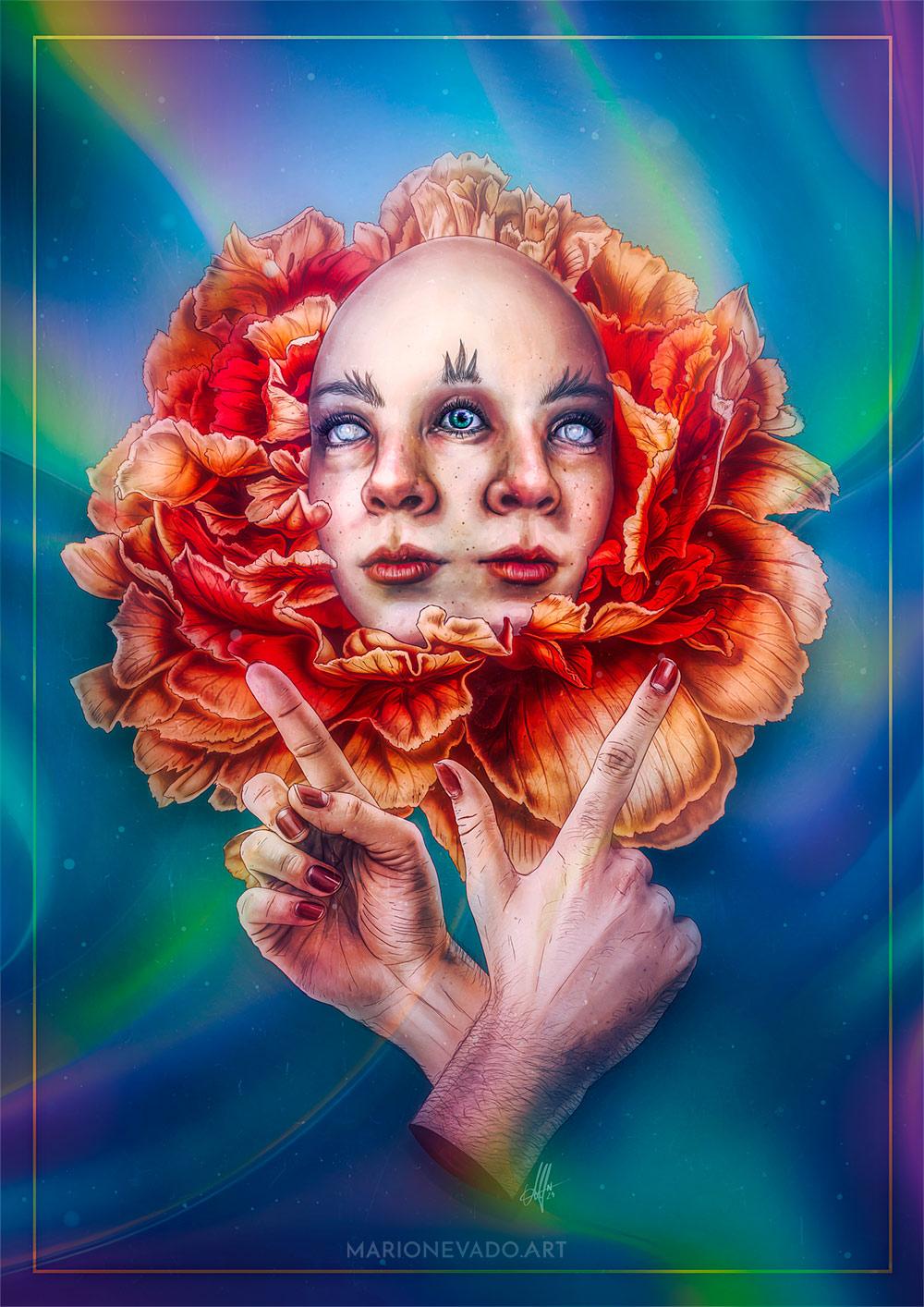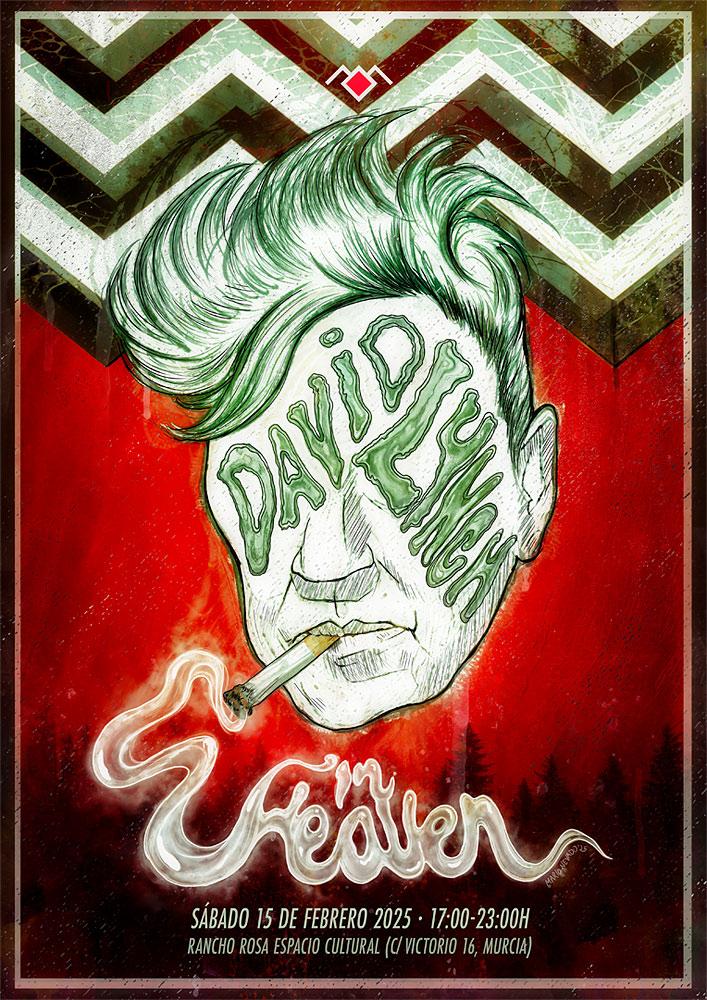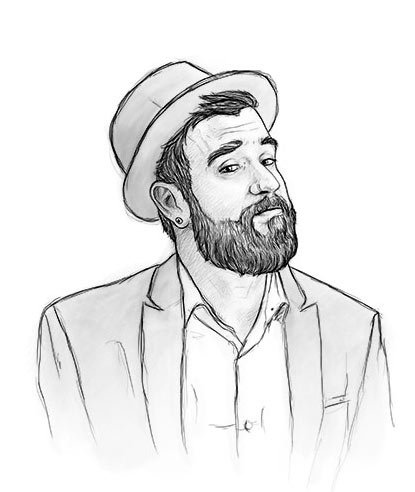
Hysterical Minds presents “Arkhaía”
I have two good news! First one is, that after a big while, the art collective Hysterical Minds has at least released its new exhibition. The second is, that means I’m releasing new personal artwork after a long, long time!
We have preparaed an exhibition revisiting mythology and folklore from the perspective of new medias and modern languages and iconography. The collection is quite homogenous and we are very happy with the result!
As far as our memories as humans can reach, art and general creativity have been deeply linked to myths and regional folklore from ancestral times, serving as an inspiring base for great works of art that have survived until our present days, that have been confirmed as historical documents, the genesis and evolution of the human being through metaphors inhabited by gods, fantastic beings and impossible hybrid beasts.
We have decided to take this base to talk about the diverse mythologies of our cultures from the artistic languages of our time, to discover how much of all those iconographic communication learnt from the Art History blossoms on the creative languages of the 21st century. Welcome to Arkhaia.
Í have contributed to this pack with two brand new illustrations: One about Medea, and another one revisiting the myth of Death… in a quite hilarious way!
Visit Hysterical Minds: Arkhaía
I’m leaving you here with the two pieces I have created for this exhibition, but don’t miss the chance to view the exhibition in full! 🙂
It is said, that for each artist, at least once in a lifetime, a representation of Christ cannot be missed within the collection, regardless of personal views on the religious matter itself. I dare to add, in that essential gallery, that a vision of Medea is also mandatory, as her myth perfectly shows the issue on moral duality on us, human beings, and depending on the final view of the artist, we can, most likely, be able to see beyond the veil and discover true beliefs and moral opinions. Medea suffers, brings back suffering to others, just to end up getting it back, once more… over and over, during her endless odyssey that, most ironically, finishes on the Elysium, probably because the intervention of her grandfather Helios, the very god of the Sun. Medea is battered and betrayed, an empowered survivor that in the end is forgiven regardless of her countless crimes.
Only in Elysium, Medea will have enough time and maturity to look in retrospective, with pride upon the suffered, and with stoic remorse for the faults. There, striped form her earthly condition, she will just be able to confront eternity in company of beautiful but poisonous jellyfishes, in memory of the two sons murdered by her own hands (according to most sources), that will just show the irony and duality of her own story.
This inherent duality on Medea just dramatizes in the extreme the case of duality in us, human beings, morally and emotionally, everyday, for our lifetimes. Human beings are not absolute: we are mutating polyhedrons in function of different contexts. Who couldn’t, if given the case, end up becoming a Medea?
Special thanks to my friend who modelled for this, Cristina Martín 🙂








